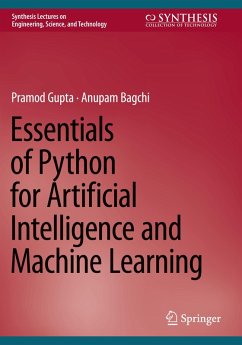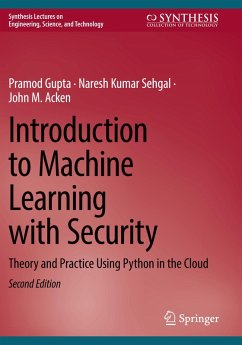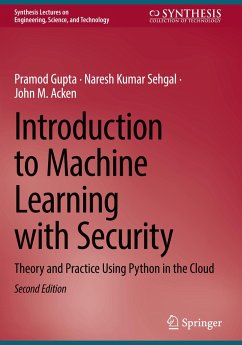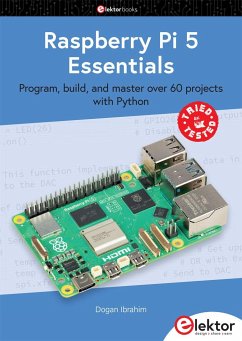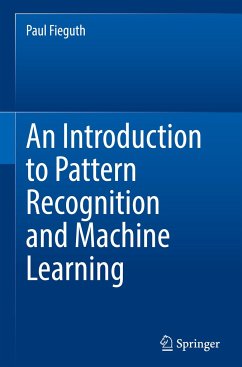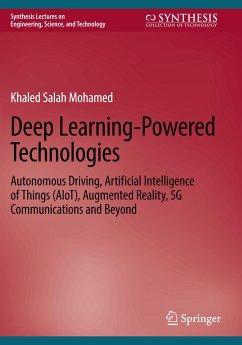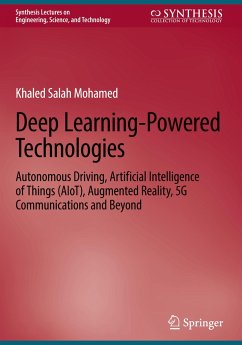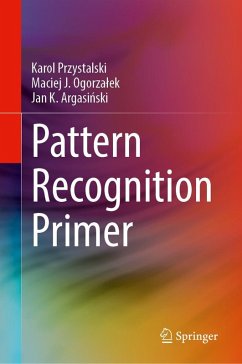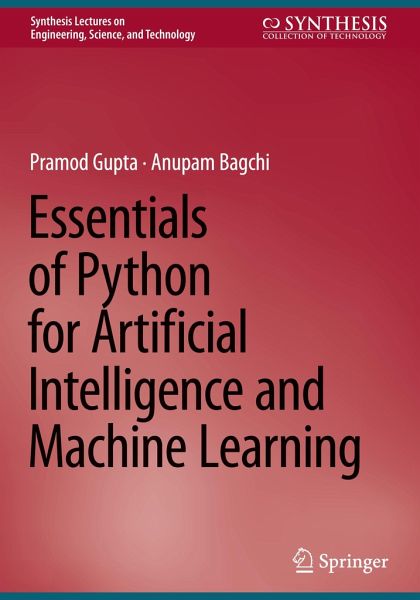
Essentials of Python for Artificial Intelligence and Machine Learning
Versandkostenfrei!
Versandfertig in 6-10 Tagen
42,99 €
inkl. MwSt.
Weitere Ausgaben:

PAYBACK Punkte
21 °P sammeln!
This book introduces the essentials of Python for the emerging fields of Machine Learning (ML) and Artificial Intelligence (AI). The authors explore the use of Python's advanced module features and apply them in probability, statistical testing, signal processing, financial forecasting, and various other applications. This includes mathematical operations with array data structures, Data Manipulation, Data Cleaning, machine learning, Data pipeline, probability density functions, interpolation, visualization, and other high-performance benefits using the core scientific packages NumPy, Pandas, ...
This book introduces the essentials of Python for the emerging fields of Machine Learning (ML) and Artificial Intelligence (AI). The authors explore the use of Python's advanced module features and apply them in probability, statistical testing, signal processing, financial forecasting, and various other applications. This includes mathematical operations with array data structures, Data Manipulation, Data Cleaning, machine learning, Data pipeline, probability density functions, interpolation, visualization, and other high-performance benefits using the core scientific packages NumPy, Pandas, SciPy, Sklearn/Scikit learn and Matplotlib. Readers will gain a deep understanding with problem-solving experience on these powerful platforms when dealing with engineering and scientific problems related to Machine Learning and Artificial Intelligence. Several examples of real problems using these techniques are provided along with examples. The authors also focus on the best practices in theindustry on using Python for AI and ML. Deployment on a cloud infrastructure is described in detail (with code) to emphasize real scenarios.



